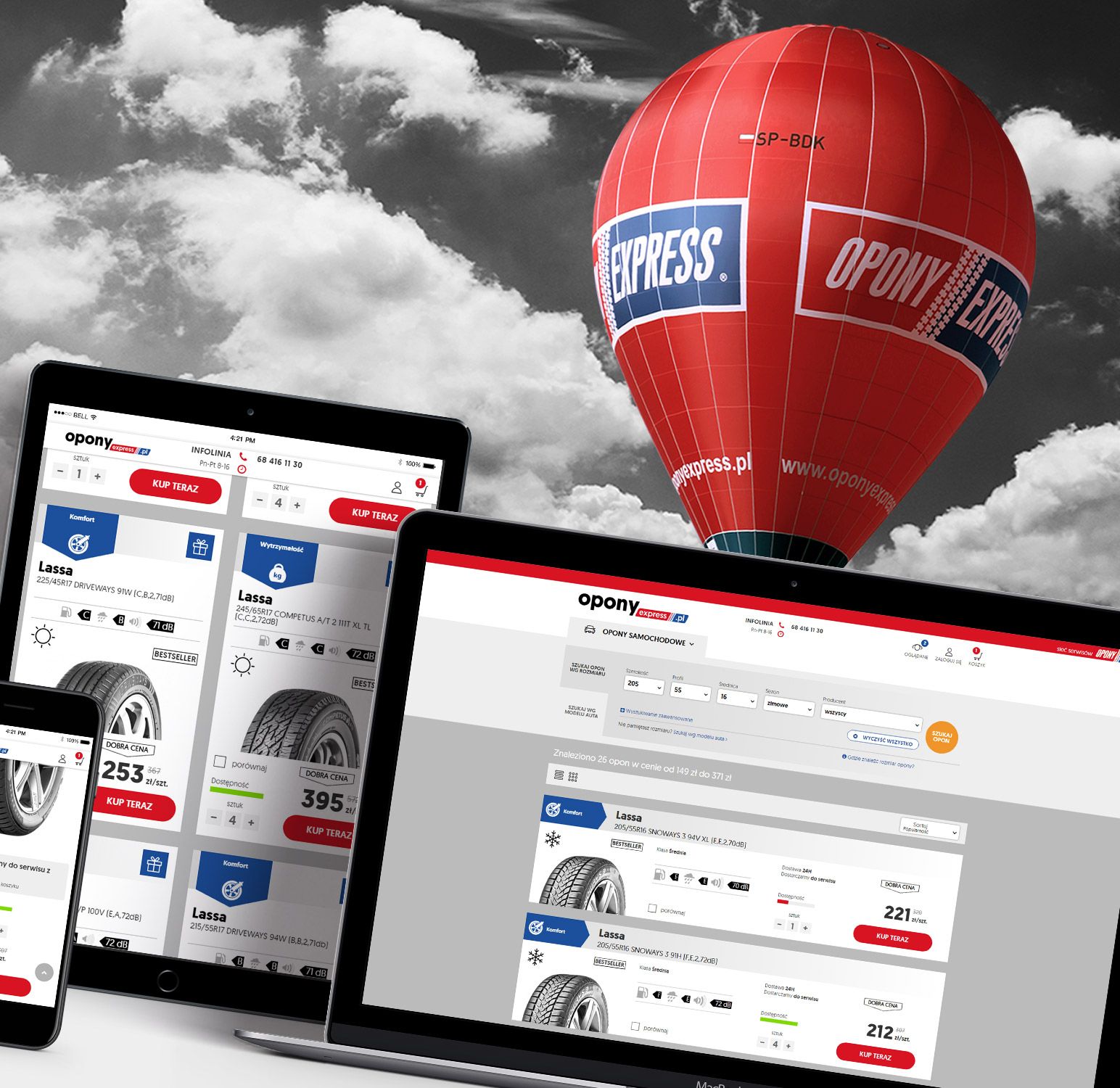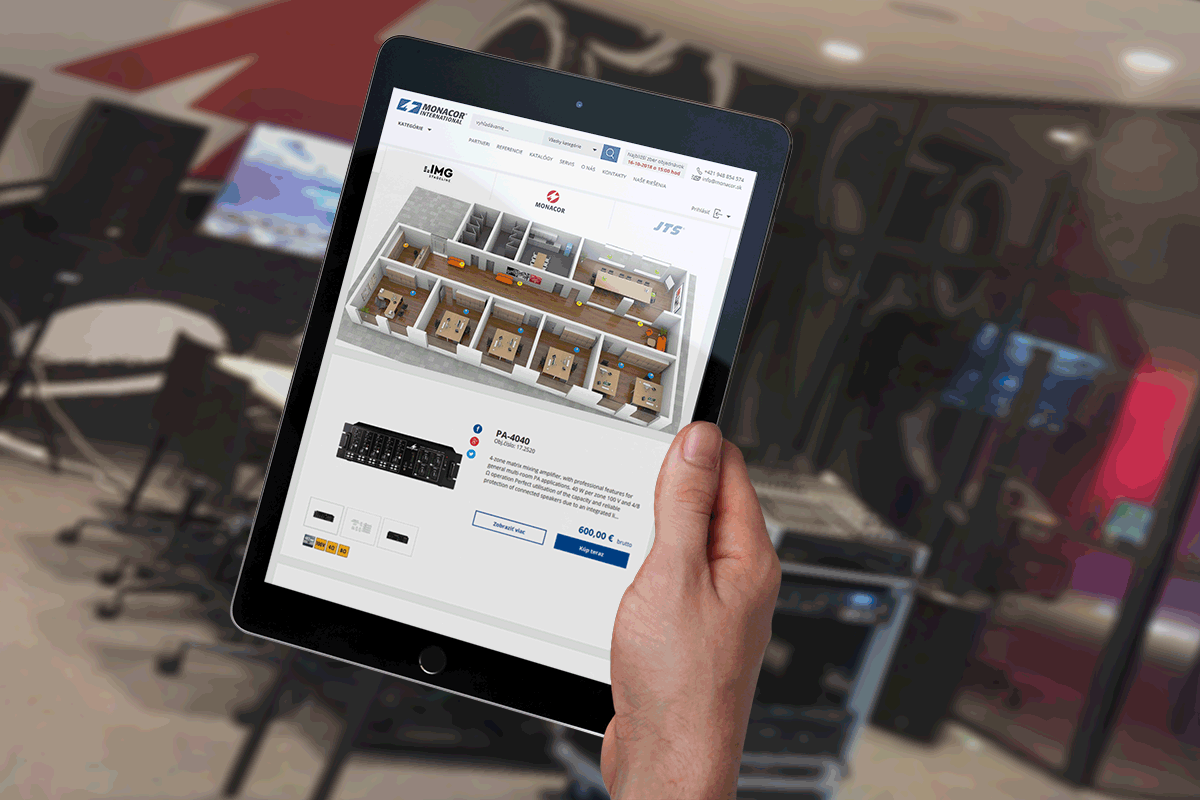The product catalog is the basic element of any e-commerce application. The catalog can run as an independent web application or be directly integrated with the online store. The task of the catalog is to present the full product offer of the online store in a way that allows easy viewing of its content, each product should have a description that will help the customer make the right purchase choice. A photo gallery, 360-degree visualization system or product comparison are elements of the product catalog, without which it is difficult to interest the customer and motivate him to stay on the site. Remember that in the case of a product catalog, the key is the correctness of the data, the right photos or microdata provided for search engines. It is from them that a large part of visitors and potential customers will reach us, so it is worth taking care of scrupulous preparation of the catalog content and making this data available to search systems.
LSB Data in its e-commerce applications guarantees the appropriate preparation of product data for search engines, incl. Json LD. Check us out!
Properly presented data will also allow you to save time, both for the customer and the store service, by protecting us from "ineffective sales".
The catalog is usually divided, based on categories (flattened or nested), the simpler the structure of the categories, the greater the chances that the customer will reach the level where the products are visible. It should be remembered that the majority of visitors to our store are users of mobile devices, you must bear this in mind when building the category structure.
There is also no good catalog without a suitable product finder. A good search system will allow the customer to reach the right product or propose in its results a product that is closest to the customer's expectations. The system should be based on dictionaries, synonyms, inflection of individual words and correct minor errors. A proper balance in this matter is recommended. Too high sensitivity to errors will significantly limit the search results because it will display only the best-matched results, while too small will result in receiving a large number of results that are even unmatched from the customer's point of view.
LSB Data in its e-commerce projects uses the latest technological solutions in the field of search systems, including Elasticsearch. Check us out!
The catalog can also present the company's offer in terms of services. Yes, such a solution is possible. Often, the service may be related directly to the product, in a situation where we offer a product or connection service, it may be an additional warranty or an annual Spotify access package :) Yes, we also like to listen to music without advertising and so do your customers. All this can be offered to customers as additional services to products, but the service can also be completely separated from the product.
So is it possible to sell plumbing services over the Internet? Of course! We can offer a service with a specific price, e.g. a dishwasher connection service, for which we have a flat-rate quote or an hourly service, where the customer is able to order a specific pool of hours to be used over a certain period of time. There are many possibilities, which large online stores eagerly use. Often the services offered are available in the form of a subscription with recurring payment.
The catalog of products and services can act as an independent application, so it can not only act as a product and service base for the needs of an online store, but also be a common point for many other applications, such as CRM. I am talking about the so-called PIM (Product Information Management). The assumption of PIM comes down to the fact that the catalog of products and services is common to all sales channels we support. If we sell our products through our online store or a trading platform such as Amazon, the product description is always collected in one place and is used to support multiple sales channels. This saves time and maintains better control over descriptions, especially when dealing with product descriptions in multiple languages. PIM allows us to mass import data from suppliers, ERP systems or local files.



